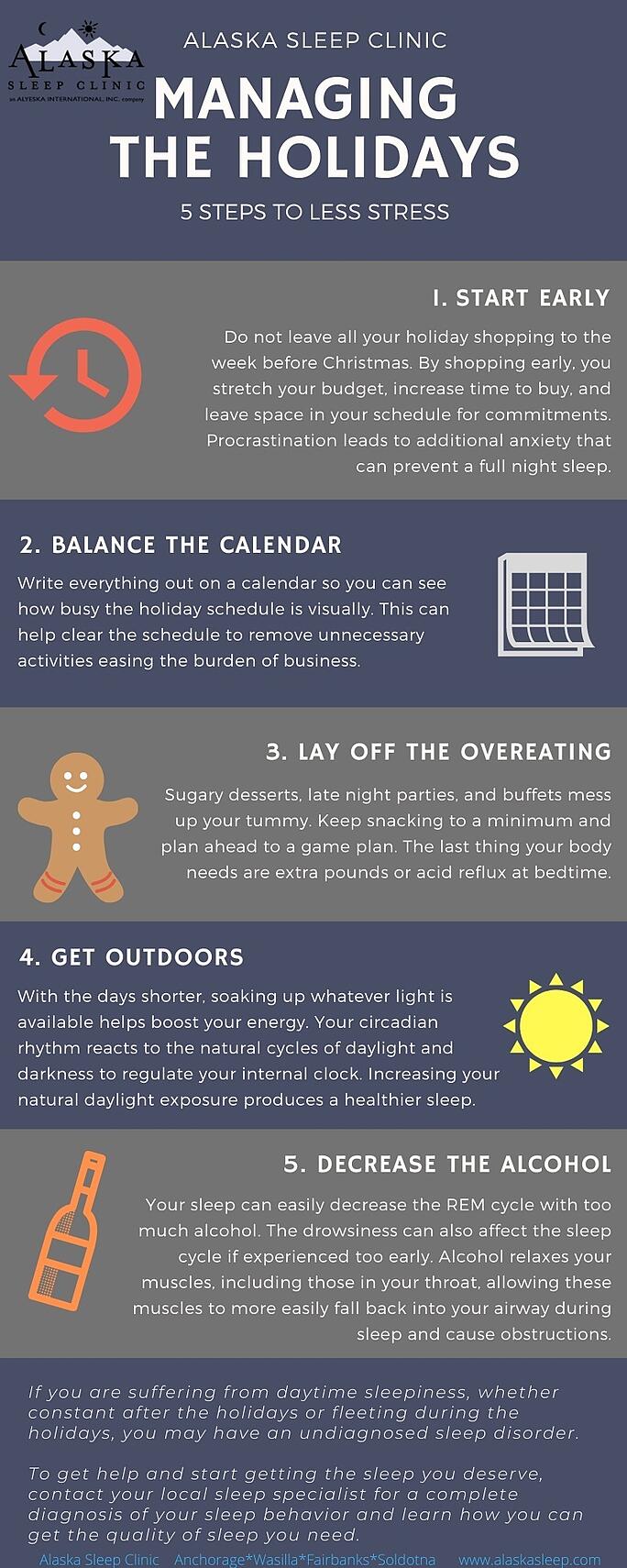Get Sleep This Fourth of July
The Fourth of July is the noisiest US holiday there is. The loud crack and boom of fireworks pops late into the night, causing pets to cower and kids to jolt awake.

Add to that hot summer weather, some cold beers, and potentially sleeping in a tent or on an air mattress, and you have a recipe for a rough night’s sleep.
Depending on where you live, you may notice major differences in how you sleep during the summer versus the winter. What causes these differences and what can you do about it to make sure your getting enough sleep all year long?
Humans are wired to sleep after the sun sets and wake when it rises.
wired to sleep after the sun sets and wake when it rises.
Light and darkness are key factors in regulating sleep. Exposure to light stimulates the area in the brain that regulates hormones like melatonin and body temperature.
This, in turn, effects whether we feel sleepy or awake. Melatonin increases sleepiness, and levels increase as the sun sets and stay elevated for about twelve hours.
Most areas of the world experience an increase in daylight hours during the summer and nighttime hours during the winter. Finland, for example, has almost 24 hours of daylight at the summer solstice (check out this synchronized time lapse video here).
Changing sunrise and sunset times can have an effect on melatonin levels and the time you start to feel sleepy at night. If the sun sets later, you may not start to feel sleepy until later.
While you can’t change the time the sun sets or rises, you can control your sleeping environment. You can eliminate all external light; using blackout curtains and turning off or unplugging all electronic devices that emit light.
Additionally, exposure to sunlight in the morning may help to regulate your melatonin levels and make it easier to fall asleep at night. Try going for a morning walk to start your day.
Of course, there are other factors, such as exposure to artificial light from electronics at night, that can disrupt these natural hormonal rhythms (read more about how light from electronics can disrupt your sleep here). Experts recommend limiting your exposure to all electronic devices at least one hour before your bedtime.
Daytime activity levels effect how long we sleep and may change with the seasons
According to the National Sleep Foundation, as little as 10 minutes of aerobic exercise, such as walking or cycling, can dramatically improve the quality of your sleep.
Unfortunately, many of us are less likely to engage in outdoor activities during the colder months of the year. To make matters worse, the winter holiday season may encourage us to eat richer and less healthy foods and then cuddle up on the sofa or even attempt to hibernate through the winter.
People also tend to be more active at night during the summer. Longer days, warmer temperatures, school breaks and vacations tend to increase our social activity in the summer evenings over winter periods.
Researchers in Belgium found that brain activity levels also change seasonally. Probably based on ancient survival needs, our brains tend to be more active in the summer and less active in the winter.
This study found that attention and concentration in participants peaked during the summer solstice and was lowest near the shortest day of the year.
Summer heat makes it harder to sleep and winter cold may enhance sleep
At night, your core body temperature decreases by two or three degrees to initiate sleep. As the temperature in the air around your drops, so does your core temperature, making it easier to sleep.
Ideal sleeping temperatures are around 65 degrees Fahrenheit. This presents obvious challenges for those living without air conditioning in warmer climates. Experts suggest limiting bedding and sleeping in light bed clothes; additionally, your body will try to lose heat through your hands and feet, so keep them outside of the covers to cool down.
A 2015 study from UCLA’s Jerry Seigel looked at the sleep of natives people across the world and found that sleep duration may be linked to ambient temperature more than sunrise and sunset. He found that native people slept throughout the night while the temperature dropped and always woke up when the temperature reached the lowest point of the day, even if it occurred after sunrise.
Are you struggling to get enough sleep to feel rested during the day? Take this short sleepiness quiz from Alaska Sleep Clinic to see if you are at increased risk of a sleep disorder:
Here are a few tips for coping:
- Earplugs. For adults, these could be a lifesaver. If you’re at home and have little ones who can’t use earplugs, try white noise.
- Fans. A fan works as white noise and can soften the booms.
- Dark curtains. These are a must for Alaskans, they will block out the flashes of light and the midnight sun.
- Sunscreen. Nothing will keep you awake like hot, burning skin. Cover up in SPF 30 or more.
- Insects can keep awake at night. Use a natural repellent to keep the Alaskan mosquitoes at bay!

If you have a problem getting to sleep on any of the 365 days of the year, call Alaska Sleep Clinic for a free consultation.
Happy Birthday, America!


